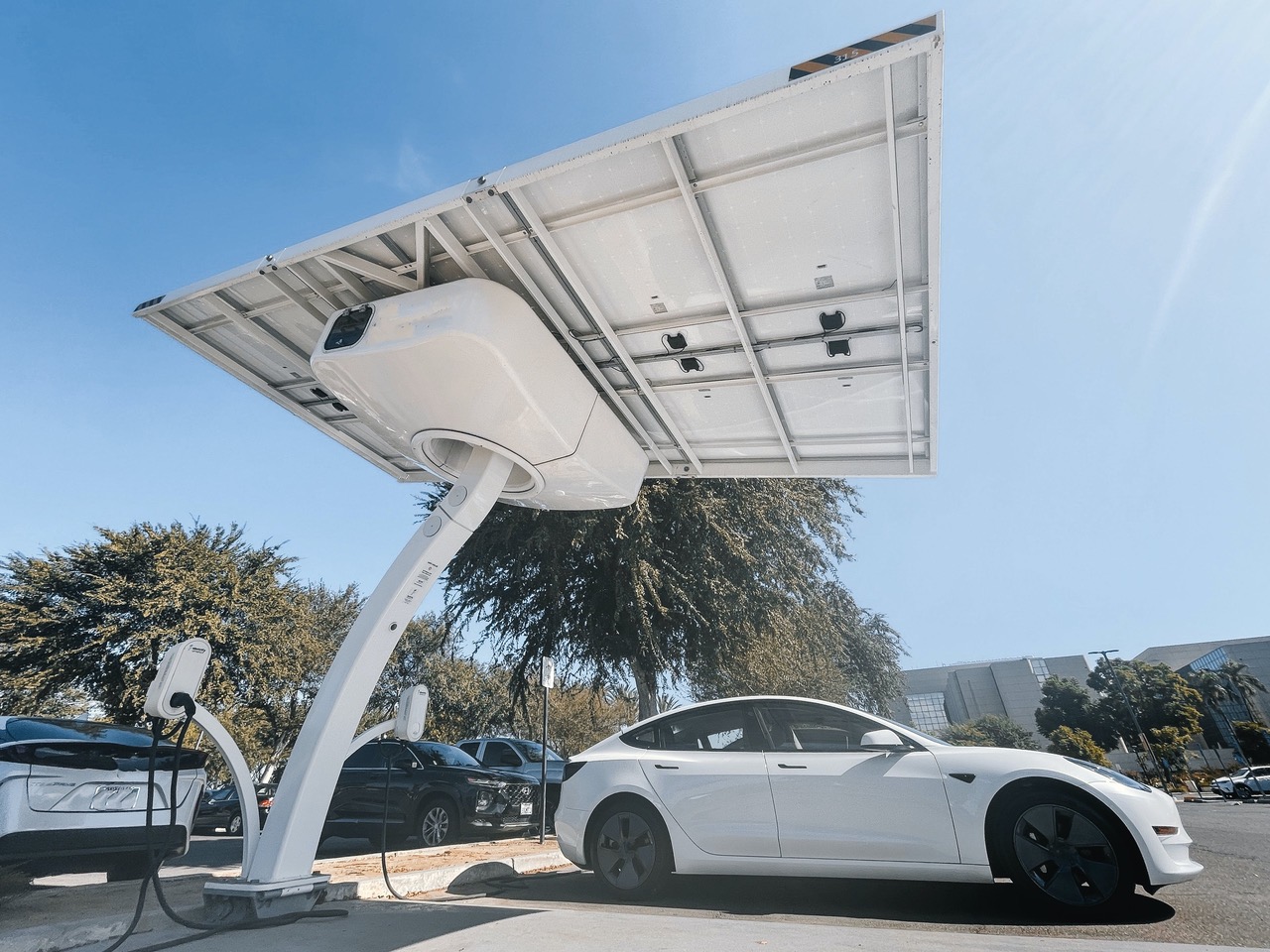
Charging Your Way to Tax Savings: The Advantages of Electric Vehicle Charging Stations and the Potential Tax Credits for Your Company
Posted by William Mehi on 11.08.23
Electric vehicle (EV) charging station installations offer a great income tax credit for businesses and homeowners to attract and retain environmentally conscious consumers and employees. The 2022 Inflation Reduction Act (“IRA”) contains tax credits designed to support the widespread adoption of electric vehicles. The Alternative Fuel Vehicle Refueling Property Credit, IRC Sect. 30C, (“AFVRPC”) which the IRA expanded and extended to December 31, 2032, provides incentives to individuals and companies that install EV chargers.
For property placed in service before January 1, 2023, U.S. businesses that install, use, or provide equipment for the use of a rechargeable EV charging system can claim the AFVRPC and may recover 30% of the cost of the charging equipment, up to a maximum of $30,000.
For qualifying property placed in service after January 1, 2023, the credit equals 6% with a maximum credit of $100,000 for each charger device. Additionally, businesses meeting a) prevailing wage and apprenticeship requirements, and b) is located in certain eligible census tracts, may be eligible for a 30% credit with the same $100,000 limit. Finally, for qualifying property NOT subject to depreciation, the credit equals 30% of the cost, with a maximum of $1,000 per item.
In addition to the Federal tax credit, several states offer added incentives for companies that install EV charging stations. Taxpayers should confirm with the local department of revenue or consult with a tax professional like Tax Point Advisors to determine if your business qualifies for these incentives.
IRC Section 179D Deductions May Also Apply
The Energy-Efficient Commercial Buildings Sect.179D Tax Deduction is a tax incentive first introduced in 2005 as part of the Energy Policy Act, and provides taxpayers with a tax incentive to make commercial building property more energy efficient. Taxpayers who qualify for the EV property income tax credit may be able to also take advantage of the 179D deduction as well.
The Sec. 179D deduction has been in effect since 2006 then was made permanent as part of the Consolidated Appropriations Act in 2021. The recently passed Inflation Reduction Act included a number of significant changes to Section 179D, seeking to drive massive reductions in energy costs of homes and buildings across the United States. The Inflation Reduction Act’s modifications and new provisions under 179D create additional tax savings opportunities for taxpayers that invest in energy-efficient building construction projects.
The Section 179D deduction allows businesses to claim deductions for part or all of the cost of installing energy-efficient systems, which could also include EV charging stations. To claim this deduction, the property should be used predominantly as a trade, business, or for the production of income.
We’re Here to Help
To ensure you maximize your savings, it's important to consult with a tax professional like Tax Point Advisors. They can guide you through the process, help you understand the eligibility requirements, and assist in identifying all available incentives. By taking advantage of these tax credits, you can significantly lighten the financial burden of implementing EV charging installations and drive your business towards substantial savings.
Tax Point Advisors applies our national expertise to your projects by being more hands on and cost-effective than many of our competitors. Tax Point Advisors have helped hundreds of companies successfully claim Federal and State tax benefits. On top of that, our accounting experts support your application and provide professional guidance throughout the process.
Tax Point Advisors provides R&D tax credit study services and other specialty tax services to CPA firms and their clients throughout the U.S. To learn more about the Alternative Fuel Vehicle Refueling Property Credits from the experts at Tax Point Advisors, contact us at (800) 260-4138, or please leave us a message below.



